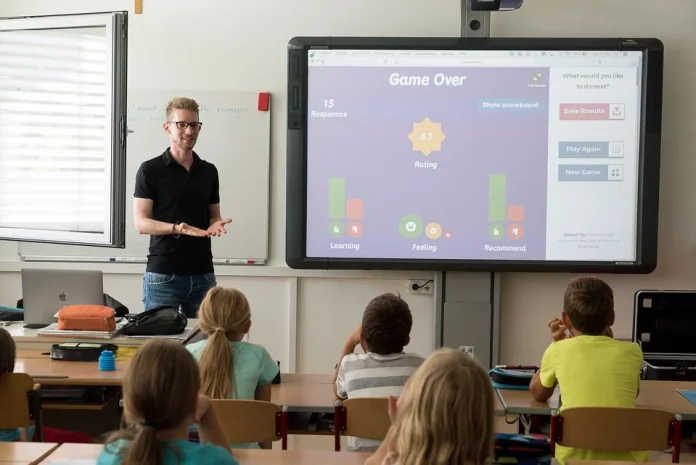Under the national spotlight of parents upset with Critical Race Theory (CRT) allegedly being taught in schools under various manipulated titles, the Hernando County School Board, in a workshop on Dec. 7, discussed ways to limit how much time the board allows parents and public participants to speak during meetings.
In October, U.S. Attorney General Merrick Garland announced that the FBI will be used to investigate parents and public speakers amid reports of increased harassment at school board meetings. The administration’s action angered parents all the more when Garland failed to cite evidence for what he claims is a “disturbing spike in harassment, intimidation, and threats of violence” against school boards.
While the teaching of Critical Race Theory (CRT) in schools may have initially got parents’ attention and angered many more, it was Garland’s threat of using the FBI to go after them that lit the proverbial fuse of public discontent for school boards and government overreach.
In Hernando, school administrators discussed whether or not to do way with a Neola policy (Neola is the company consultant that the school district uses to construct policy changes) that included a general 60-minute limit for all public discussion, and whether the Board should reduce public participants from three to two minutes speaking time when there are more than 20 requests (made prior to meetings) by parents and others to speak.
At the outset, School Board General Counsel Dennis Alfonso, who assisted Board Vice Chair Susan Duval in drafting the restrictions, said he consulted with Duval to assure the changes that she drafted were “legally defensible.” Duval was not in attendance due to her attending a funeral service, however, Alfonso said that Duval would like the Board to be able to exercise ‘more control over public participation in the meetings.’ Alfonso spoke about the “powers of a board” to regulate speech-time to “effectuate efficiency.” According to Alfonso, Duval is pursuing a “somewhat smaller forum for political speech” to enhance the Board’s efficiency.
Board members Jimmy Lodato and Kay Hatch were far more specific in their assessments of proposed changes. Lodato was adamant that the speaking time for parents and public participants should not be reduced to two minutes under any normal circumstances, excluding belligerence or undue harassment. Lodato left no doubt that he believed the Board’s collective 60-minute restriction on public free speech should be dropped. He stated that there has only been a single meeting in his recall when the Board was required to listen to their constituent’s commentary for more than two hours.
At one point in the meeting, after Alfonso repeated the argument for board efficiency – but added that he was not directly disagreeing with Lodato – the latter responded with, “I’m glad to hear it Dennis, because your argument has just fallen on deaf ears.”
In the end, the workshop’s debate on whether or not to restrict the amount of time parents and public participants are allowed to voice their opinions on the School Board’s taxpayer-financed governance was tabled until the Board Meeting scheduled for a later date when Vice Chair Susan Duval can attend.

